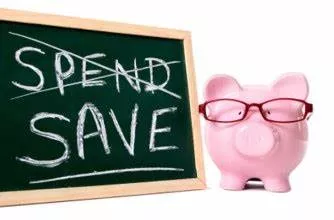
Most people say they are tired of living paycheck to paycheck. They find themselves constantly stressing about money, even when they earn a decent income. In my experience with various clients, I have discovered that the problem is not always the salary, but their spending habits.
We've all been there-tempted by the latest gadgets, trendy clothes, or luxurious vacations. But the harsh reality is that many people are spending money they don't have. Using credit cards, taking out loans, or dipping into your savings to fund your desires. And that's a slippery slope.
It's time to break that cycle. It's a new year; there are certain deliberate steps you need to take if you're serious about breaking the cycle.
The first step to breaking this cycle is to acknowledge that you have a problem. Take a close look at your finances and track your spending. You might be surprised at where your money is going. Are you spending too much on dining out? Subscription services you don't use? Or maybe you're impulsively buying things online.
Once you've identified the areas where you can cut back, it's time to create a budget. Now, I know what you're thinking-"Budgets "Budgets are boring and restrictive!" But trust me, having a budget is liberating. It allows you to take control of your finances and make conscious decisions about how you spend your money.
Here's a simple rule to follow: the 50/30/20 rule. Allocate 50% of your income towards necessary expenses like rent, utilities, and groceries. Use 30% for discretionary spending like entertainment, hobbies, and travel. And put 20% towards saving, investment and debt repayment. If you're close to retirement then you can swap the rule to 20/30/50 rule.
But what about those tempting purchases? How do you resist the urge to splurge? Here's a trick: delay your purchases. When you see something you want to buy, wait 48 hours before making a decision. This will help you determine if the item is something you truly need or just an impulsive want.
Another strategy is to use the 30-day rule. When you see something you want to buy, put it on a 30-day waiting list. If you still want it after 30 days, then consider buying it. But often, you'll find that the desire has passed, and you've saved yourself some money.
Finally, it's essential to address the emotional aspect of spending. Why do you feel the need to buy certain things? Is it to impress others? To cope with stress or boredom? Once you understand the underlying motivations behind your spending, you can start to address the root cause.
In conclusion, stopping the cycle of spending money you don't have requires discipline, self-awareness, and patience. It's not easy, but the payoff is worth it. By creating a budget, delaying purchases, and addressing emotional spending, you can break free from the cycle of debt and start building a more secure financial future.
Remember, it's not about depriving yourself of things you enjoy, but about living within your means and making conscious financial decisions. So, take control of your finances today and start building a brighter financial tomorrow.

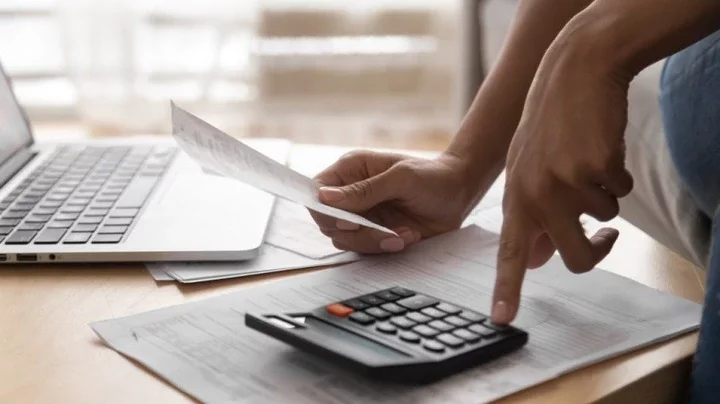
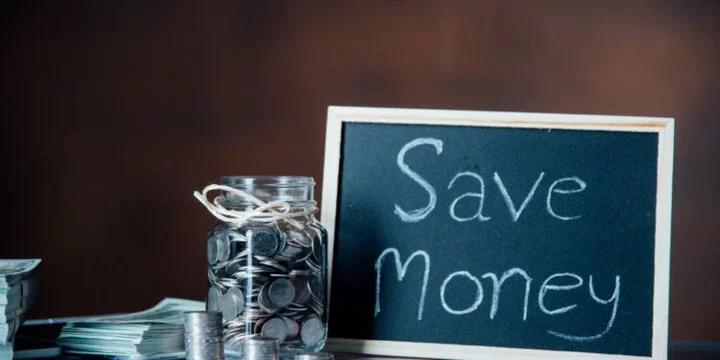

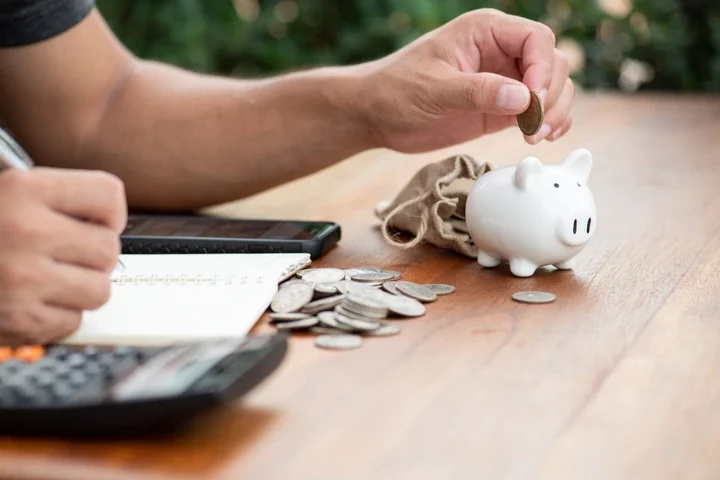
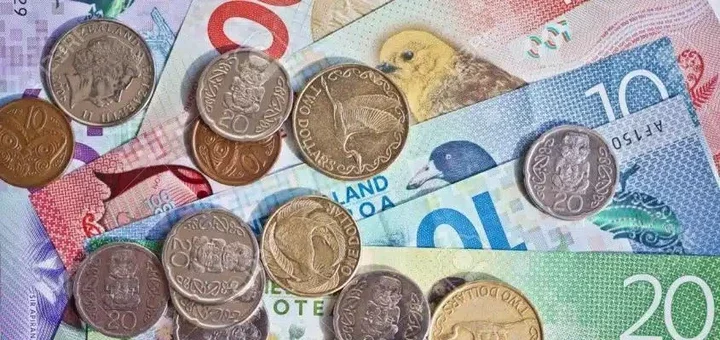
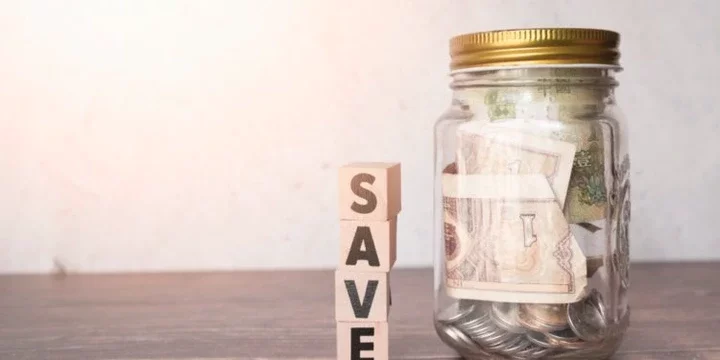

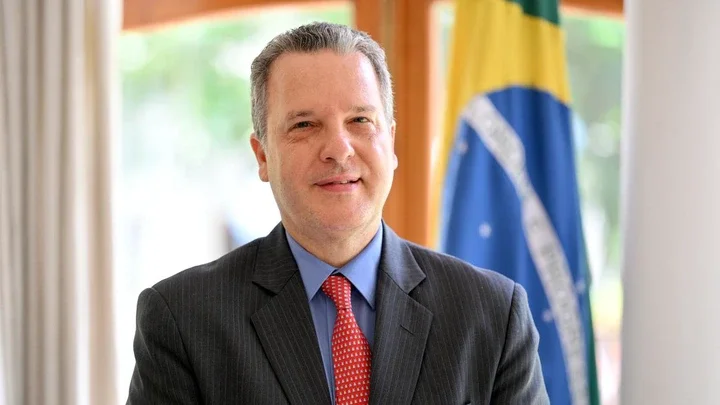
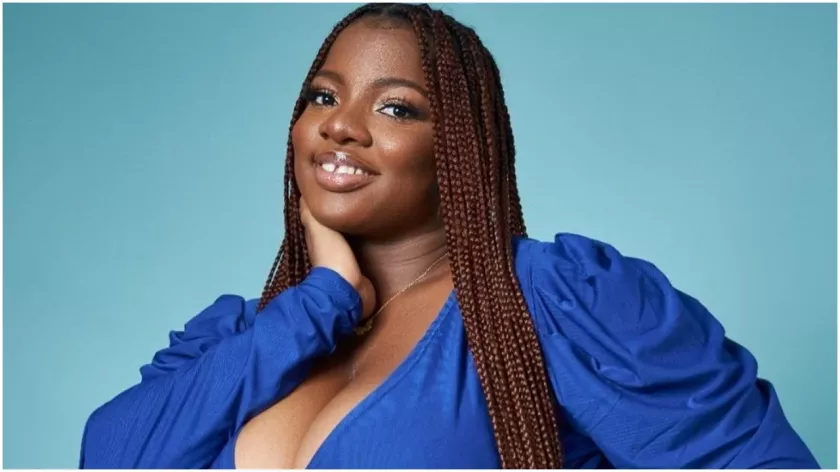
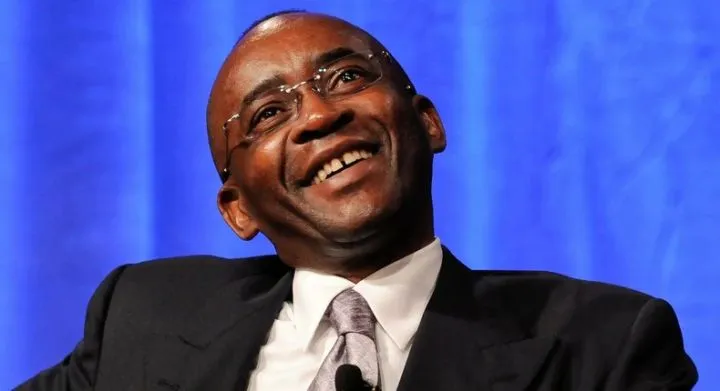




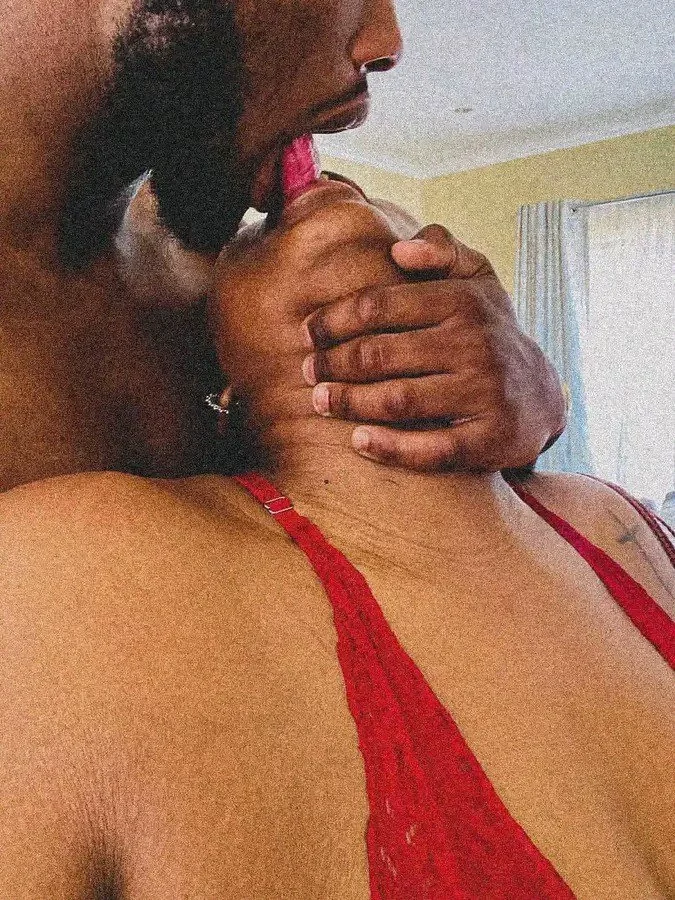

Comments